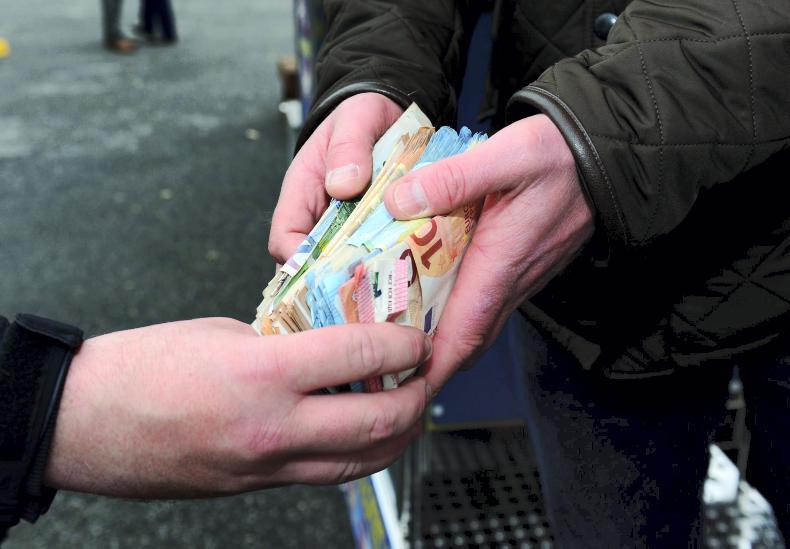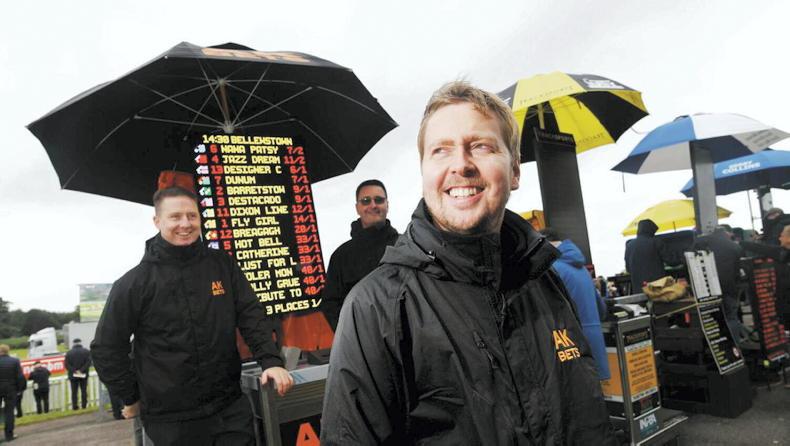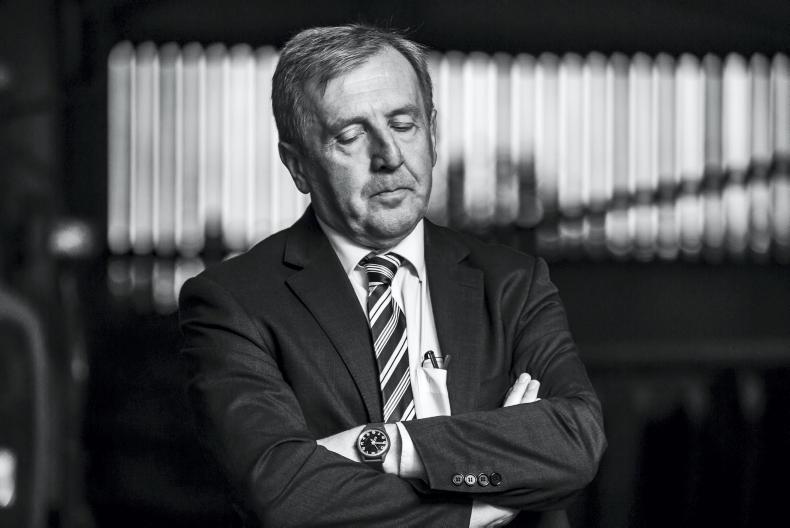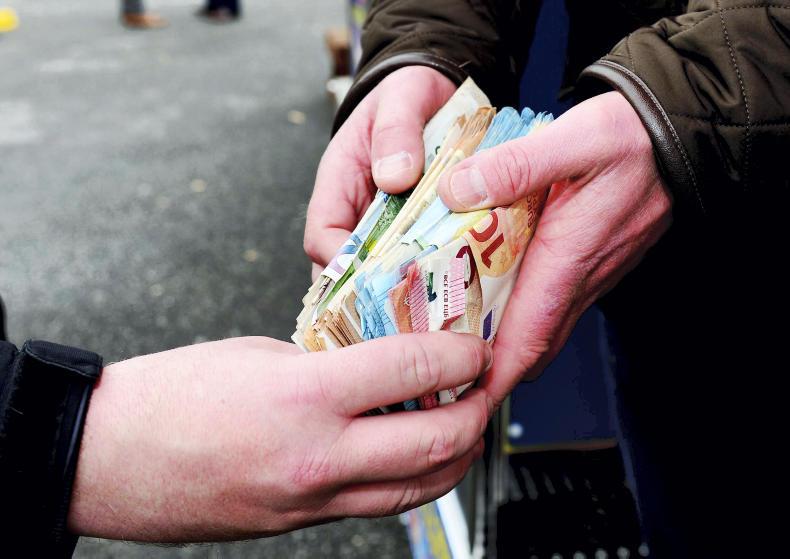BETTING tax will rise from 1% to 2% next year, with a similar rise in the levy charged to betting exchanges.
The news was announced by the Minister for Finance Paschal Donohoe in his Budget 2019 speech on Tuesday afternoon.
While further detail is awaited, it is expected that bookmakers will be prevented from passing on the tax rise to punters, placing a significant extra financial burden on betting shop owners and online betting companies.
The Minister said: "In the area of betting, the Government's priority has been to level the playing field by extending the tax to remote bookmakers and exchanges.
"This was achieved in 2015 and I believe it is timely to increase the tax from 1% to 2% on amounts wagered in the state. In addition, betting duty on the commissions earned by intermediaries, or exchanges, will increase from 15% to 25%.
"These increase will take effect on January 1st and will generate an additional €40 million in 2019 and €52 million in a full year."
In a note to shareholders issued moments later, Paddy Power Betfair said: "If these increased rates had applied to the Group's Irish sportsbook stakes and exchange revenues in the 12 months ended 30 June 2018 we would have paid an additional £20 million of betting duty."
The Irish Bookmakers Association [IBA], which represents 850 Irish betting shops, had lobbied hard against the tax increase. Sharon Byrne, IBA chairperson. commented: "Already, since the Budget measures were announced, I have spoken to a number of small independent bookmakers, some of whom have been in business for more than 40 years, who now believe they have no option but to let their staff go and close their doors. We predict that there will be 300 shops closed when the tax is enacted with the loss of at least 1,500 jobs.
"It is extremely disappointing that the Government conceded to this demand by politicians who never engaged with the industry or understood the profound effect a turnover tax can have on so many jobs. As an industry we will continue to search for a way to address this regressive tax on jobs and businesses.”
Alan Heuston, partner in McCann FitzGerald’s Tax Group and head of the firm’s Betting and Gaming Group, commented: "There are a number of downsides from the rate hike that need to be considered.
“This increase in the rate of turnover tax will be particularly damaging to the retail sector, particularly for small to medium enterprises. We’ve already seen a drop in the number of licensed retail premises but this increase may result in further consolidation and closures and subsequently, job losses and a loss of tax to the exchequer. Therefore, the proposed increase in exchequer funding of €50m may very well be a lot less as a result of the impact on businesses.”
Heuston, a former director of tax with the Paddy Power group, added: "It could also drive customers to black market operators who operate remotely and do not pay the existing 1% rate of tax. Customers are sensitive to pricing so if black market operators can offer more attractive prices it would be a natural attraction.
“Any increase in the rates of tax that apply to betting in Ireland needs to be considered as part of an overhaul of the current outdated regulatory regime which exists in Ireland for betting and gaming. Any changes that are introduced need to strike an appropriate balance between encouraging commercial and responsible gambling operators and protecting consumer and vulnerable gamblers.”
INCREASED FUNDING
Separately, the Department of Agriculture has confirmed that racing will get an extra €3.2 million in 2019. Minister Creed said in a press release: "An increased allocation of €4 million for 2019 has also been provided to assist with the strategic development of the horse and greyhound sector."
It is anticipated that, as usual, 80% of this extra funding (€3.2 million) will go to Horse Racing Ireland. This would bring racing's annual grant to €67.2 million.
MORE ON THIS STORY IN THE IRISH FIELD NEXT WEEKEND
RACING’S ANNUAL
GRANT
2014: €43 million
2015: €54 million
2016: €59 million
2017: €64 million
2018: €64 million
2019: €67.2 million


 This is a subscriber-only article
This is a subscriber-only article
 It looks like you're browsing in private mode
It looks like you're browsing in private mode










SHARING OPTIONS: